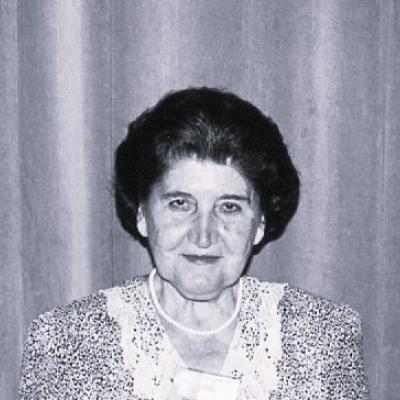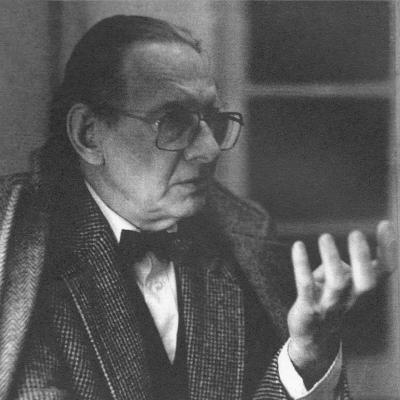Department of Slavic Linguistics and Lexicography
Head of Department: Mgr. Jana Kocková, Ph.D.
Deputy head of Department: PhDr. Karolína Skwarska, Ph.D.
The Department of Slavic Linguistics and Lexicography focuses on the study of contemporary Slavic languages and dialects, analysing, for example, vocabulary development, word formation, syntax and language contact. The most important lexicographical outputs are the translation dictionaries of Russian and Ukrainian, some of which are available in digital form. The Department has a long tradition of dialectological research, focusing on the South Carpathian (Rusyn) dialects of Slovakia and the former Subcarpathian Rus. Research on morphology and syntax focuses on comparing trends in contemporary Slavic languages.
Současné projekty
On-line dictionaries
Russian Language:
Russian-Czech electronic dictionary database
Large Czech-Russian Dictionary
Upper Sorbian Language:
Latest publications
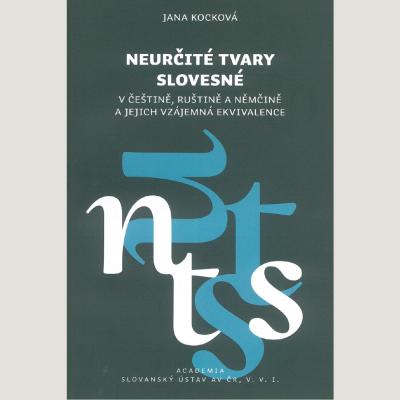
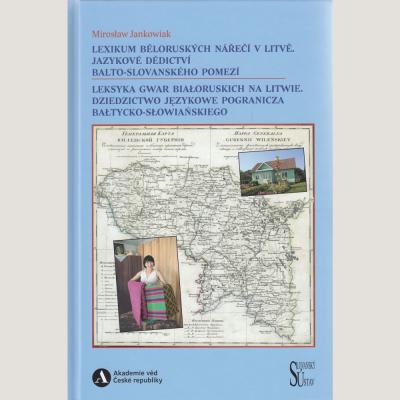
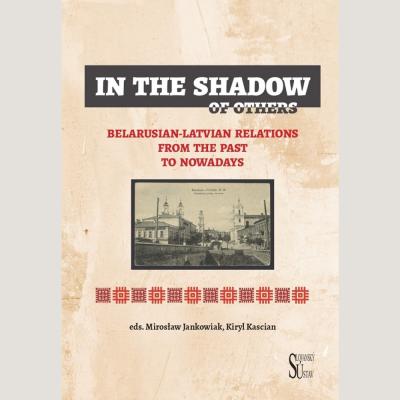
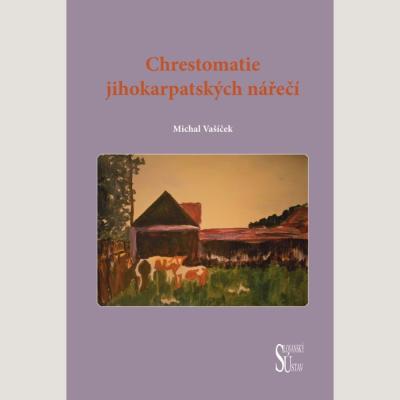
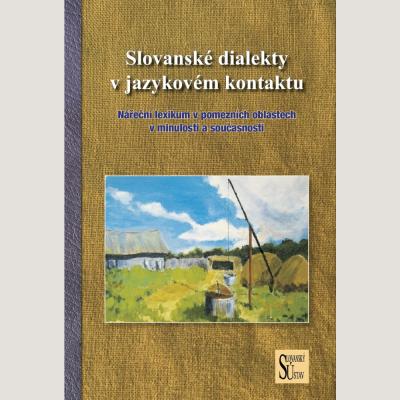
Notable personalities
More detailed department activities
The Department of Slavic Linguistics and Lexicography is a renowned centre of research excellence specialising in the study of Slavic languages. The department’s research encompasses the vocabulary, grammatical system and dialects of these languages. In the study of vocabulary, the department builds on the concept of synchronic dynamics developed in the Prague Linguistic Circle in the interwar period. In line with a significant trend in contemporary world linguistics, the department focuses on the dynamics of the language system in the field of vocabulary in the context of social changes in recent decades.
A long-standing area of interest has been East Slavic languages, evidenced by the publication of the Ukrainian-Czech Dictionary in 1994 and 1996, the first substantial translation dictionary of these two languages. This dictionary is currently undergoing digitisation. In 1999, the Russian-Czech and Czech-Russian Dictionary of Neologisms was published (by N. P. Savicky, R. Šišková, E. Šlaufová) and in 2004 its second, substantially expanded edition was published. An updated and expanded edition of the original two-volume Czech-Russian Dictionary was also prepared, an electronic version of which was published by Leda in 2002, and in spring 2005 the Large Czech-Russian Dictionary was published in book form by the same publisher. In spring 2008, N. Savicky and R. Šišková published the Ukrainian-Czech and Czech-Ukrainian Dictionary, which contains updated Ukrainian vocabulary. Additionally, the Ukrainian-Czech Dictionary of Neologisms has been compiled and made available online.
In 2018, the Russian-Czech Electronic Dictionary Database, which contains more than 74,000 entries, was made fully available. The department also intends to make available to the public material that has been previously compiled but, for various reasons, has not been published yet. To this end, the technical editing of the Large Czech-Russian Dictionary is currently in progress. This dictionary was created in the 1970s and 1980s as a supplement to the six-volume Great Russian-Czech Dictionary by L. V. Kopeckij and has never been published in book form. A substantial portion of the dictionary, encompassing entries from A to Y, has been made available in electronic format, with ongoing efforts focused on completing entries that remained unfinished during the 1990s. The conceptual framework for the creation of the glossary, along with the methodology for processing neologisms, has been delineated for the planned Russian-Czech electronic dictionary of neologisms. The purpose of this dictionary is to include new words that entered the Russian language at the beginning of the new millennium.
In the domain of lexicography and neology, the department undertakes research on South Slavic languages, with a particular focus on Slovene-Czech lexicography. The Slovene-Czech dictionary, comprising approximately 25,000 entries, is about to be published. Czech and Bulgarian neology is examined through a contrastive approach. Research on the vocabulary of Sorbian languages was conducted from 2016 to 2018 as part of a grant task entitled „Analysis of calques in Czech and Sorbian languages”. The project was concluded with the publication of a monograph.
The department’s members are also engaged in grammar research. In 2001 the first major grammar book comparing Ukrainian with Czech was published. This was followed two years later by a posthumously published monograph of O. Leška Language in Structural Concept: Chapters from Synchronic and Diachronic Analysis of Russian. In 2013, K. Brankačkec published a monograph Distribution und Funktionen von Vergangenheitsformen im älteren Obersorbischen. Eine empirische Untersuchung unter Berücksichtigung der Verhältnisse im Altpolnischen und Alttschechischen and finished the project entitled „Distribution and Function of Past Forms in Old Sorabian language, Old Czech and Old Polish”. In 2015, the grant task Lexicographic Processing of Syntactic and Semantic Verbs in Czech (in collaboration with the Institute of Philosophy of the Faculty of Arts of the Charles University) came to an end. However, theoretical Czech-Russian-Polish research on the formal and semantic linguistic level, as well as the description of selected Russian and Polish verbal and nominal lexical units, is ongoing. Additionally, research is being conducted on Russian and Czech action nouns in comparison with German indefinite verb forms. In the 2022 J. Kocková published a monograph Indefinite Verb Forms in Czech, Russian and German and Their Mutual Equivalence. Furthermore, new comparative research is being conducted on Ukrainian and Czech, with a particular focus on syntactic phraseologisms. The results of research into the grammar and semantics of Slavic languages are regularly presented at conferences organized by the department in cooperation with the University of Warsaw (Research on Verb Valency in Slavic Countries in the Past and Present – 2014, 2016, 2018). Part of the department is focused on semantic, grammatical and word-formation research on verbs of motion in West Slavic languages.
The dialectological projects are centred on the material obtained during the systematic field research of the South Carpathian dialects carried out in the 1950s-1970s by researchers such as O. Leška, A. Kurimský, and K. Berezovský. The work of O. Leška, M. Mušinka, and R. Šišková, entitled Stories from the Subcarpathians. Rozpovidi z Pidkarpattja. had already met with great international acclaim. Dialectological work continued thanks to the grant project „Czech Dialectological Research of Ukrainian Dialects of Former Czechoslovakia: History, Results, Perspectives”. The original recordings of songs and coherent narrations about the life and work of the local inhabitants, their customs, etc. have been converted into electronic form (a set of 91 CDs), thematically classified (527 topics), described, and indexed. These are contained in the publication by R. Šišková, M. Mušinka, and A. Mušinka Ukrainian Dialects of Slovakia. Research and Sound Recordings from 1957 – 1967. The publication incorporates an ethnological study, which introduces the user to the folk calendar and customs of the Rusyn Ukrainian ethnic group in eastern Slovakia, provides information about the villages where the recordings were made, and gives an insight into the demographic development of the area. In 2009, two grant projects on this topic were brought to an end. The present project is focused on the digitisation of dialect materials collected by Ivan Paňkevyč and on the analysis of the development of the dialects in the area during the second half of the 20th century and at the beginning of the 21st century. In 2023, the Lexical Database of South Carpathian Dialects prepared from the materials of Ivan Paňkevyč was made available online. The outcomes of the research on dialects in the vicinity of the Slovak-Ukrainian border are further discussed in Michal Vašíček’s monograph Dynamics of South Carpathian Dialects and in Chrestomathy of South Carpathian Dialects.
Since 2018, dialectological research on Belarusian dialects in the Baltic region has also been ongoing, resulting in two monographs by Mirosław Jankowiak: Present-day Belarusian Dialects in Latvia. Characteristics. A selection of texts. and Vocabulary of Belarusian Dialects in Lithuania. Language Heritage of the Baltic-Slavic Borderland.
The collective monograph Slavic Dialects in Language Contact. Dialect vocabulary in the border areas in the past and present. is also focused on dialectal phenomena.
Another collective monograph on Belarusian-Latvian relations, In the Shadow of Others. Belarusian-Latvian Relations from the Past to Nowadays, edited by Mirosław Jankowiak and Kiryl Kascian, is positioned at the intersection of culturology and history.
